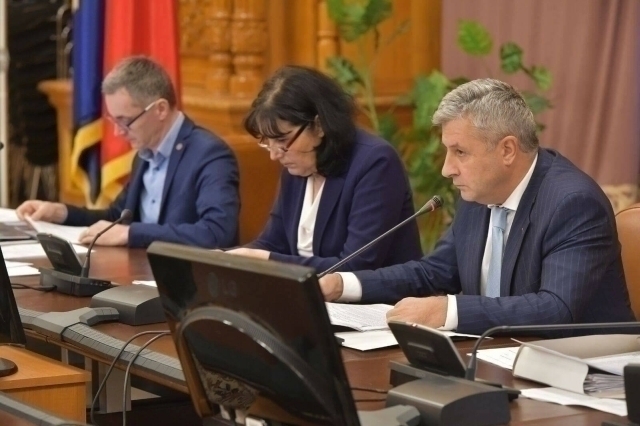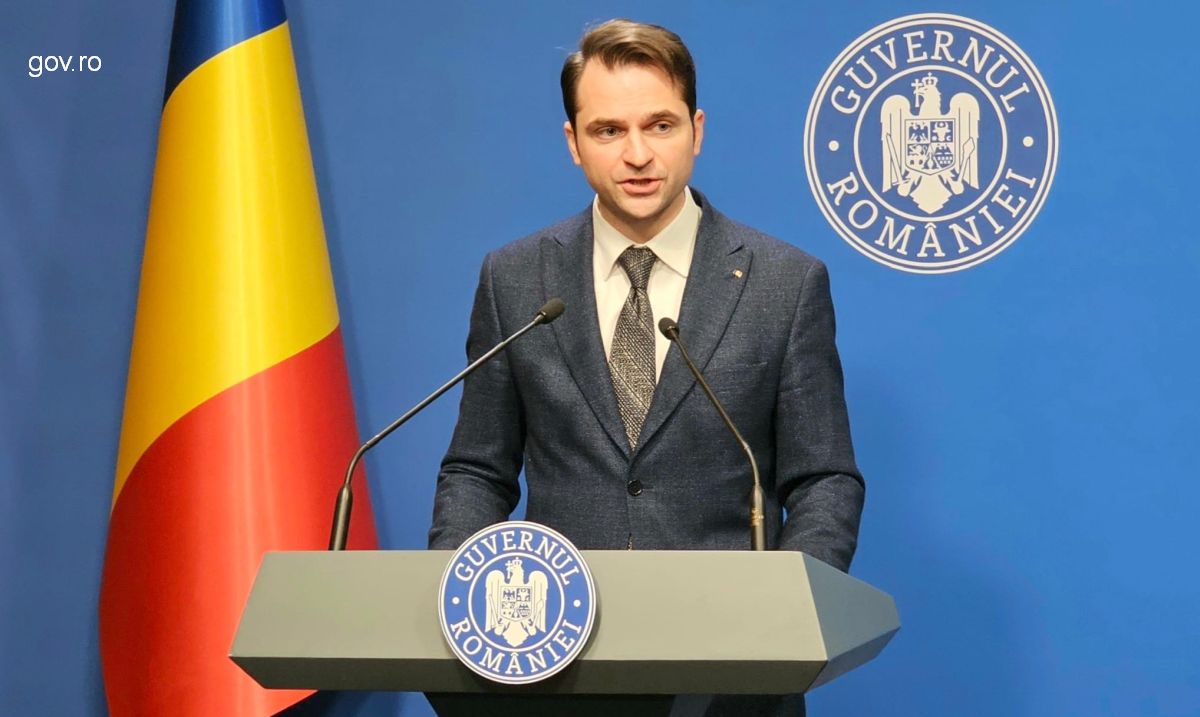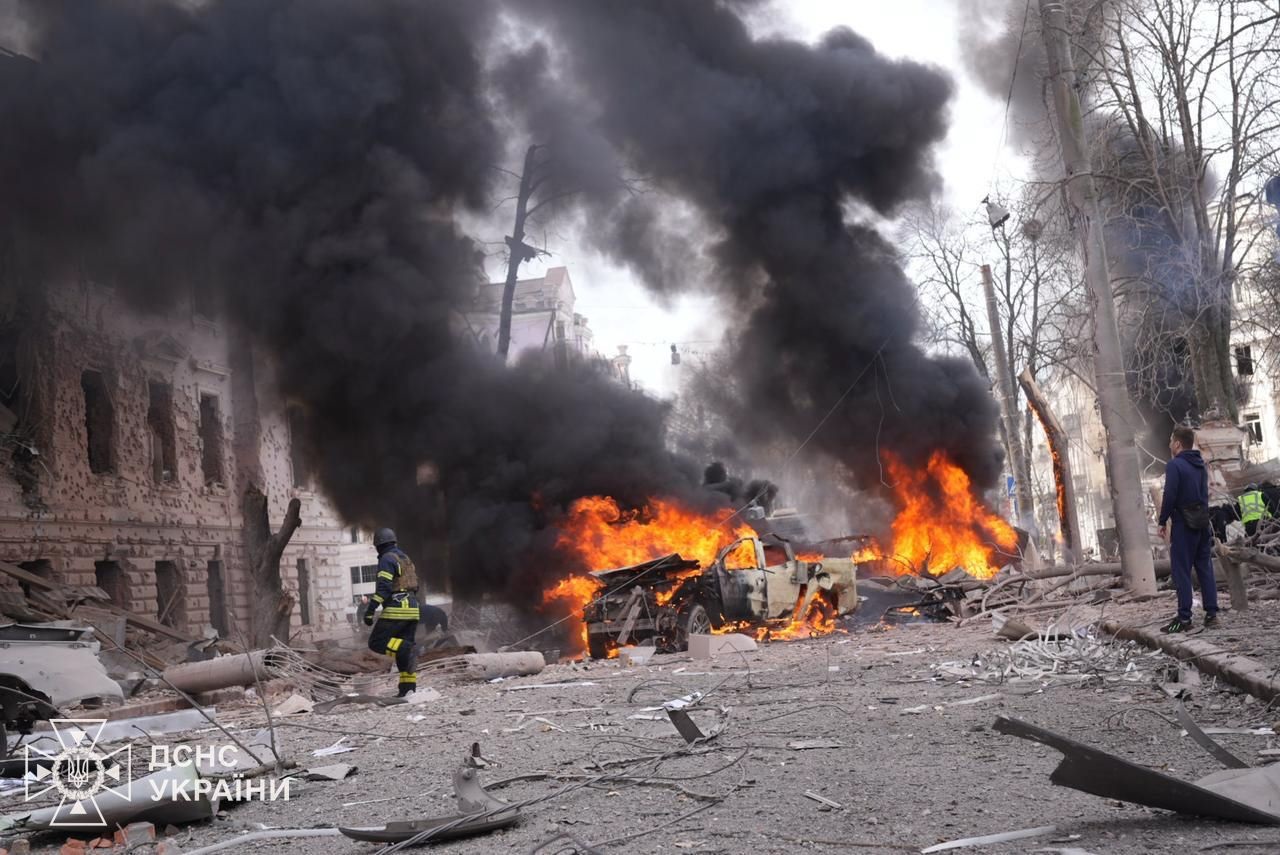Changes to the status of magistrates
The Chamber of Deputies in Bucharest on Monday passed the amendments to the status of magistrates proposed by the special parliamentary committee. The bill will be submitted to the Senate, which is the decision making body in this case.

Corina Cristea, 12.12.2017, 13:45
The amendments to the justice laws have come to the attention of the Council of Europe, that has called on Romania to offer clarifications on the controversial draft laws, after the Group of States against Corruption (GRECO) has for the first time activated a procedure for exceptional circumstances.
This way the Council wants to verify if the legislative changes in Romania violate the anti-corruption standards of this European body. In spite of the protests that for almost a year have been bringing out in the street in Bucharest, in other Romanian cities and also abroad a significant number of people unhappy with the amendments to the justice laws proposed by the ruling coalition made up of the Social Democratic Party and the Alliance of Liberals and Democrats, one of the three laws regarding the justice system was endorsed by Parliament on Monday.
It did not seem to matter at all that the Higher Council of Magistracy, the Public Ministry and most of the magistrates’ associations are contesting this law. The bill makes prosecutors part of a hierarchy topped by the justice minister, and prohibits magistrates from working as covert intelligent service agents, by having them submit annual statements in this respect.
The text also introduces the civil, disciplinary and criminal liability of judges and prosecutors for prospective professional misconduct. Also, no magistrate will be suspended automatically when sent to court. The document also reads that the head of state can by no means have a say in the nominations for the High Court of Cassation and Justice leadership, but can still hold its current responsibilities with regard to appointing the prosecutor general and the heads of the National Anti-Corruption Directorate and of the Directorate for Investigating Organised Crime and Terrorism.
All these amendments were adopted last Wednesday in a marathon Parliament session, with the final voting on it being held on Monday. The Opposition was unhappy with the decision and unsuccessfully resorted to the legal instruments of countering the ruling coalition’s vote.
Also on Monday, Parliament endorsed an amendment that changes the National Integrity Agency’s law. Thus, all interdictions are suspended in the case of parliamentarians who were in conflict of interests between 2007 and 2013. A second draft law that changes the judicial organisation was approved by the special parliamentary committee in charge of amending the laws in the judicial sector and is to be debated by the legislative body.
The most controversial changes refer to the setting up of a Special Department for the investigation of magistrates and tougher conditions for those who want to become prosecutors with the National anti-Corruption Directorate and the Directorate for Investigating Organised Crime and Terrorism.






























